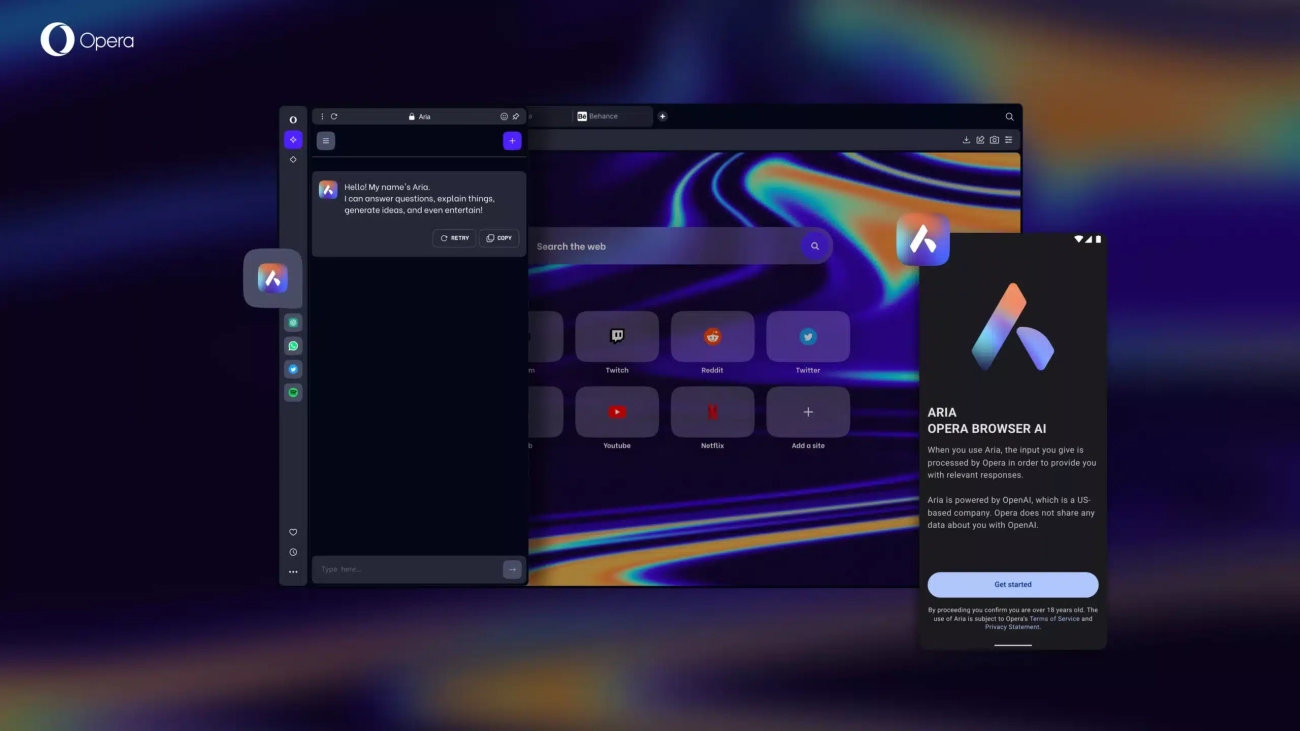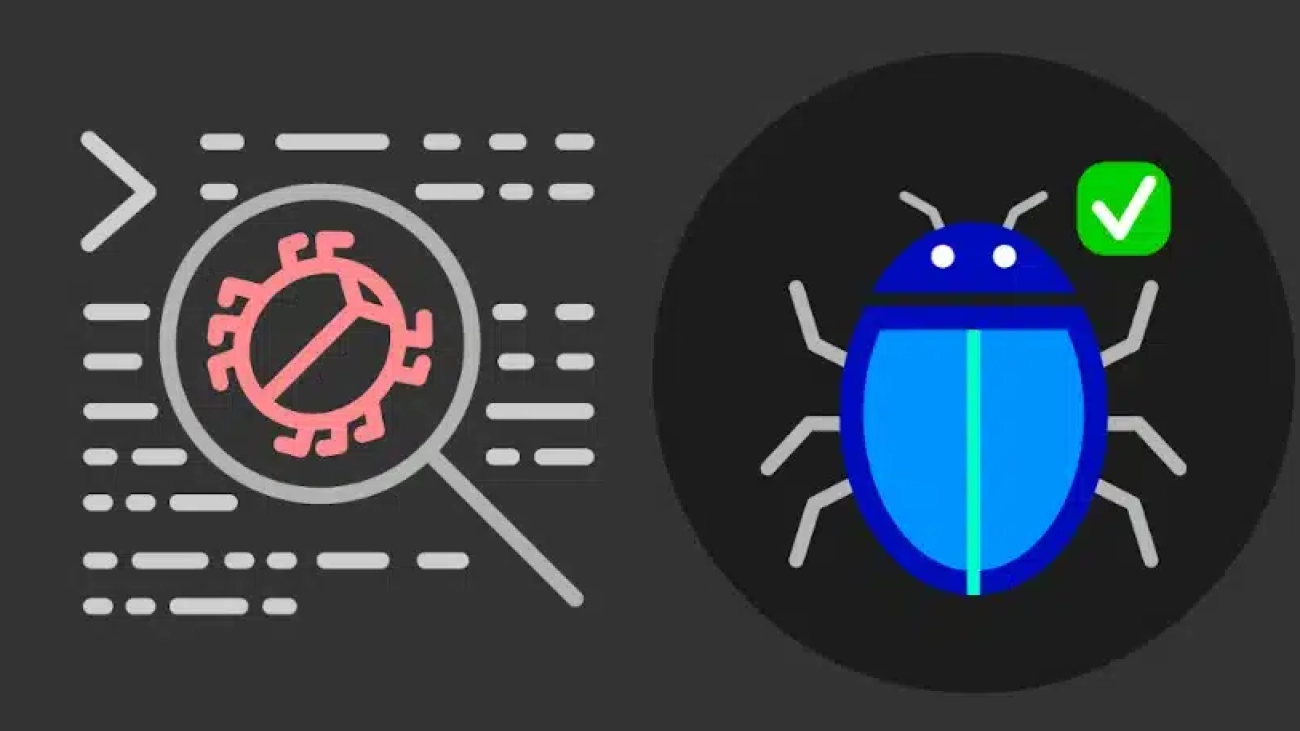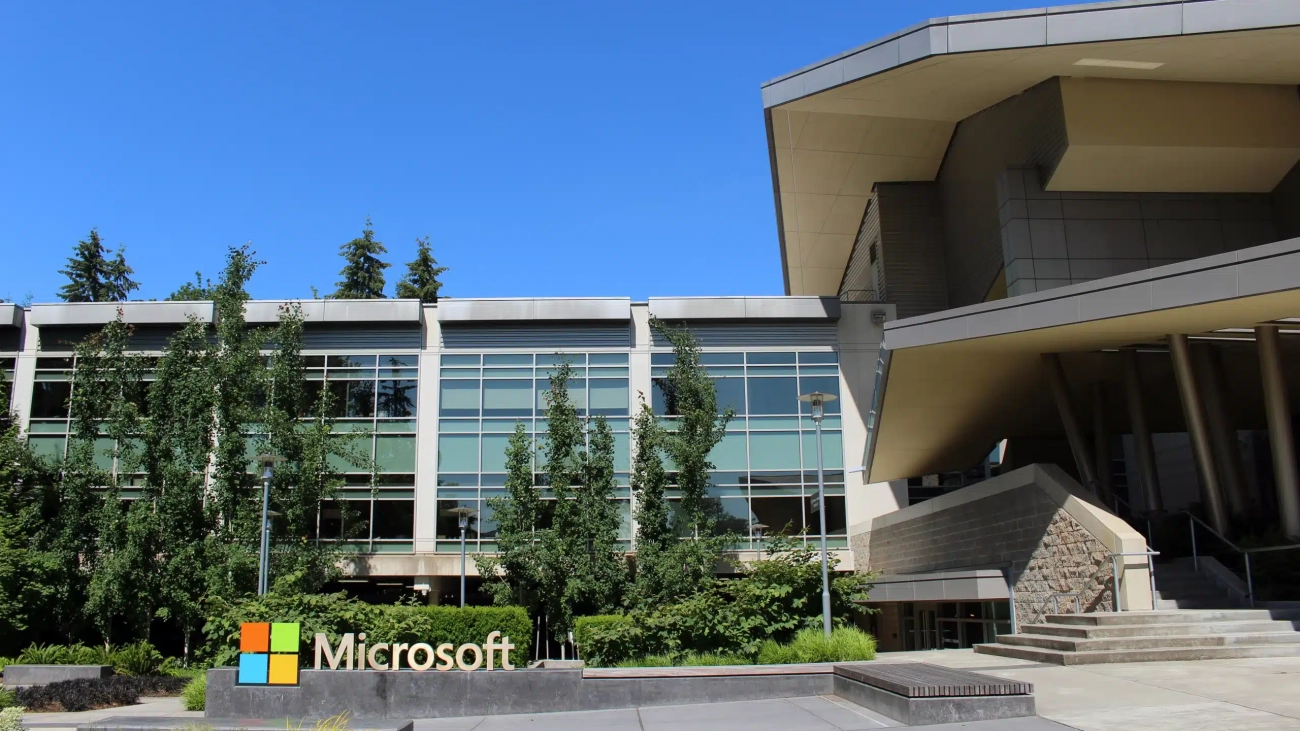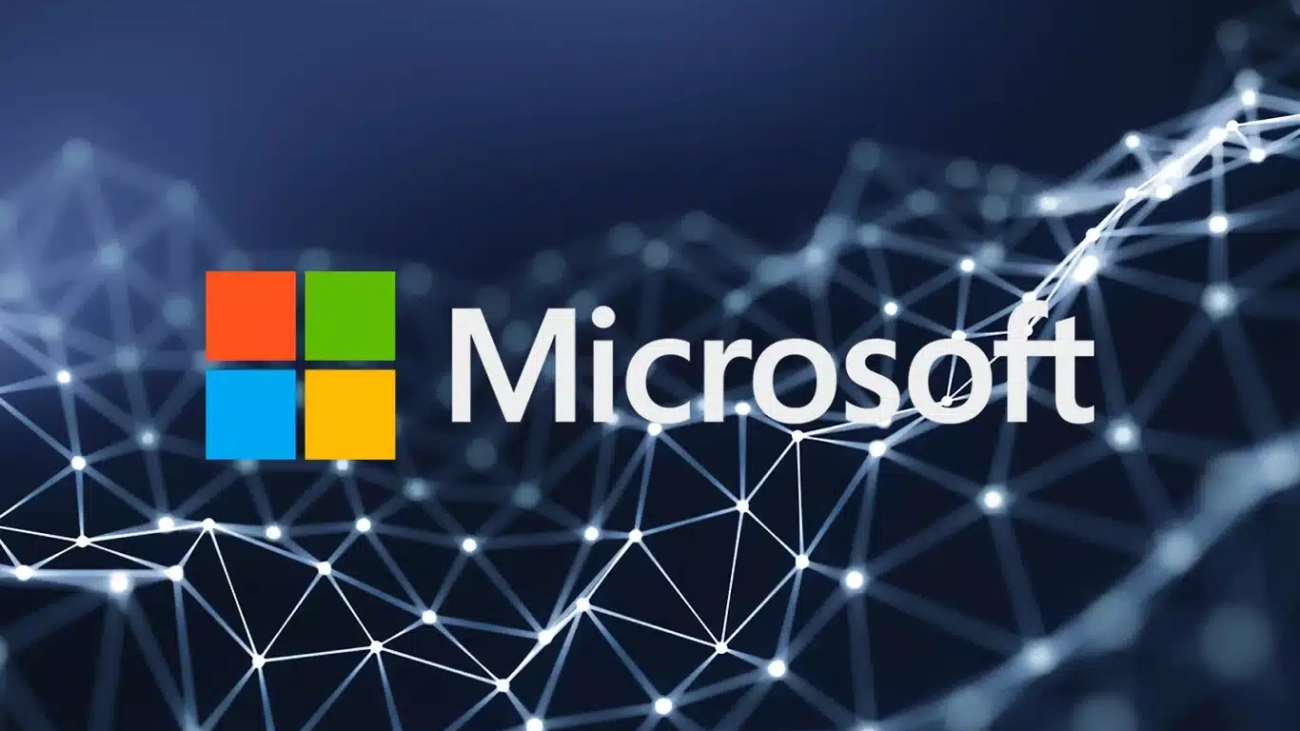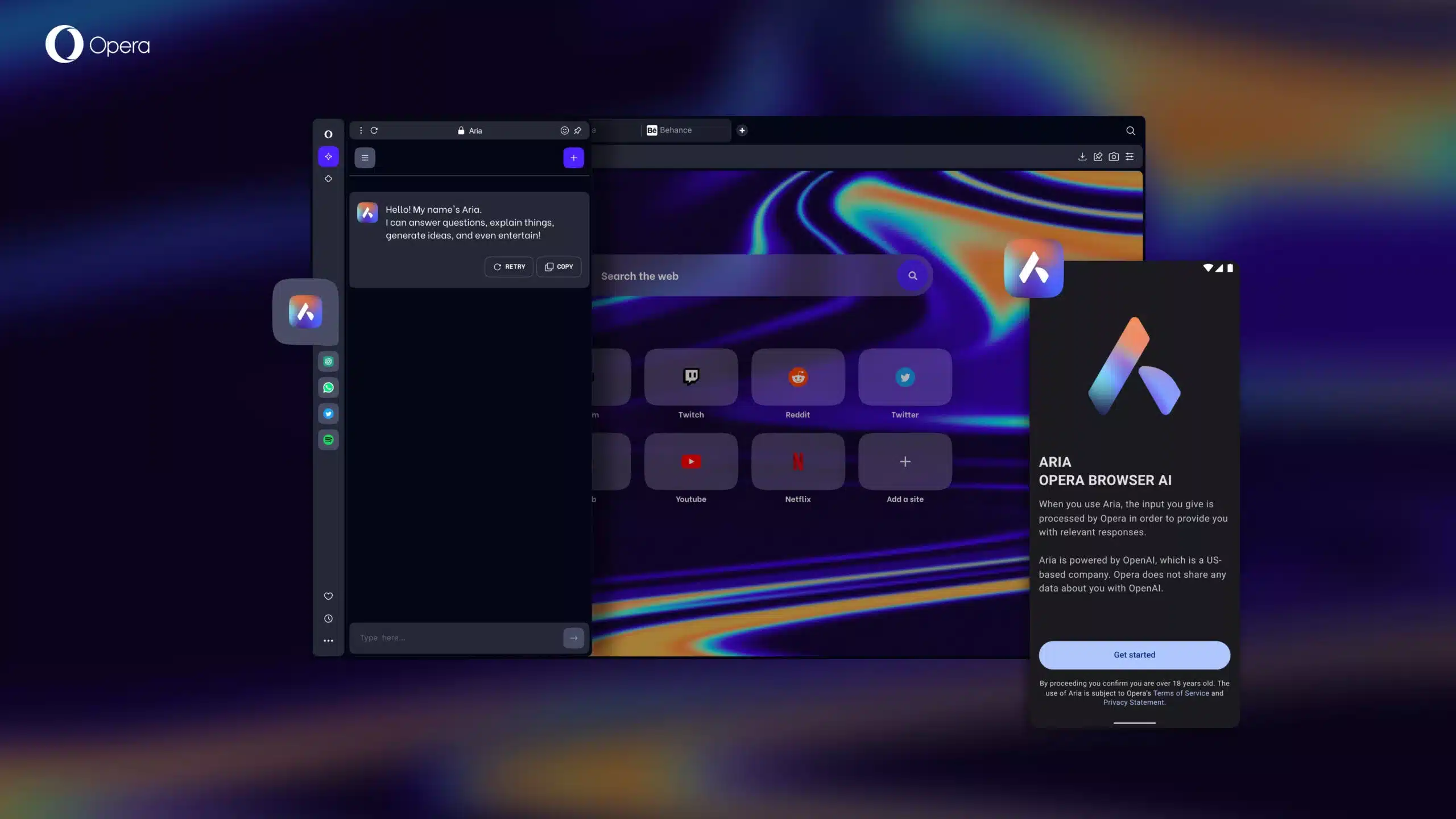
Opera, a Norway-based browser developer, has disclosed plans to launch an AI-powered browser named Opera One for iOS in Europe. The announcement comes in response to Apple’s Digital Markets Act (DMA) changes, allowing alternative browser engines on iOS. Opera aims to provide users with an AI-centric alternative to Safari, leveraging the newfound freedom to submit non-WebKit-based browsers on iOS.
Key Points:
Apple’s DMA Changes: Apple, compelled by the DMA, will permit developers to submit non-WebKit-based browsers for iOS, fostering competition and offering users a diverse browser selection. This change eliminates the exclusive requirement for third-party browsers to use WebKit, the engine behind Safari.
AI-Powered Opera One: Opera seizes the opportunity presented by Apple’s policy shift and announces Opera One, an AI-powered browser for iOS. The browser is designed to provide users with an innovative and intelligent alternative to Safari. Opera emphasizes its commitment to embracing the DMA changes and offering users enhanced choices.
Timeline: The new browser, Opera One, is set to debut in March, aligning with the implementation of the DMA changes in the European Union. Opera expresses optimism about the DMA’s positive impact on browser diversity and urges Apple to extend these freedoms globally.
Interoperability Request: Opera highlights its excitement about Apple’s announcement of an interoperability request form, enabling developers to submit requests for interoperability with iPhone and iOS hardware and software features.
Global Implementation Encouragement: While the DMA changes apply to the European Union, Opera encourages Apple to implement these augmented freedoms globally, offering users around the world increased browser choices.
Major Investment in AI Infrastructure: Opera hints at a forthcoming major investment in a key AI infrastructure project in Europe, aligning with its focus on AI-driven technologies.
Opera’s announcement of the AI-powered Opera One for iOS underscores the evolving landscape for browser development on Apple’s platform. With the DMA-induced changes, Opera aims to provide users with an intelligent and competitive alternative, emphasizing the positive impact of increased browser diversity.

